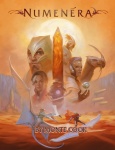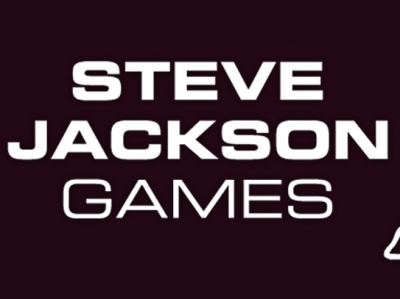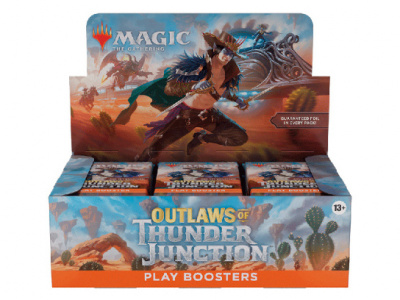 Rolling for Initiative is a weekly column by Scott Thorne, PhD, owner of Castle Perilous Games & Books in Carbondale, Illinois and instructor in marketing at Southeast Missouri State University. This week, Thorne looks at why it's tough for brick and mortar retailers to sell RPGs.
Rolling for Initiative is a weekly column by Scott Thorne, PhD, owner of Castle Perilous Games & Books in Carbondale, Illinois and instructor in marketing at Southeast Missouri State University. This week, Thorne looks at why it's tough for brick and mortar retailers to sell RPGs.Walk into any hobby game store in the US, and if the store carries roleplaying games, I will lay you even money that you will find at least two systems on its shelves: Wizards of the Coast's Dungeons & Dragons and the Pathfinder RPG from Paizo Publishing. You may find others, but generally not many and little consistency of selection from store to store. Here, though the release of 5th Edition D&D bumped RPGs up to about 10% of total sales, for the past decade, we have seen the percentage hover nearer to the 5-8% mark, a percentage I also hear from many other stores. Though it appears that development and sales of online RPGs remain vibrant, in-store sales of the games, other than the two noted above, remain generally weak. As a store that got started in RPG sales and has seen them decline over the past decade, I ascribe much of the decline to three things, none of which I expect to see change anytime in the near future:
- The rise of the PDF. Prior to the development of the PDF as a way to disseminate written products, if someone wanted to publish an RPG, trees had to die, and publishing required a significant investment for any book to get into print. Today, PDFs allow anyone to write and publish a product comparatively easily, quickly and inexpensively, either through their own website or through one of the large PDF aggregators: DriveThruRPG, RPGNow or even Amazon. As customers have gotten more and more comfortable with PDFs and embraced eBooks for their convenience, portability and cost, what used to take several bookshelves to store can now sit on a single computer hard drive. As customers buy more product online, demand for it drops in-store and hence, selection drops as well.
- Kickstarter. Kickstarter and similar crowdsourcing methods have proven an incredible boon for game developers, allowing creators to solicit funding of a project prior to producing it. If enough potential customers want the proposed project, they fund it and, usually, it gets published. However, with the average RPG supplement, according to figures I have heard, selling between 300-500 copies, unless there is a "name" attached to the project, like Monte Cook or Matt Forbeck, Kickstarter backers typically account for the vast number of "sales" of a back product, leaving only a small percentage of demand for the traditional distribution channel to service.
- Comparative difficulty of selling the product. Because of the visual appeal, it is much easier for a retailer to sell a boardgame than an RPG. Boardgames usually explain gameplay on the back along with an indication of how many can play, how long it will take to play and what the box contains. The TCG is even easier as most purchasers are repeat buyers, needed almost no selling aside from completing the actual transaction. Contrast this with selling the average roleplaying game, which has little of the visual appeal of the average boardgame or the repeat purchasability of the trading card game. The average store owner, unless they have a strong background or familiarity with roleplaying games, will find selling one much more difficult than a boardgame or TCG.
Considering that the typical profit margin on RPGs is generally the same as that on boardgames and TCGs, and that the turn rate on anything that does not come bearing the D&D or Pathfinder brand is abysmal, it is no wonder that, aside from a love of the category, stores eschew RPGs in favor of their faster selling brethren. I hope that the success of such RPGs as Numenera from Monte Cook Games and Adventure Maximus from Eden Studios herald a change in focus for the RPG category in stores but fear they are but outliers in the category.
The opinions expressed in this column are solely those of the writer, and do not necessarily reflect the views of the editorial staff of ICv2.com.







